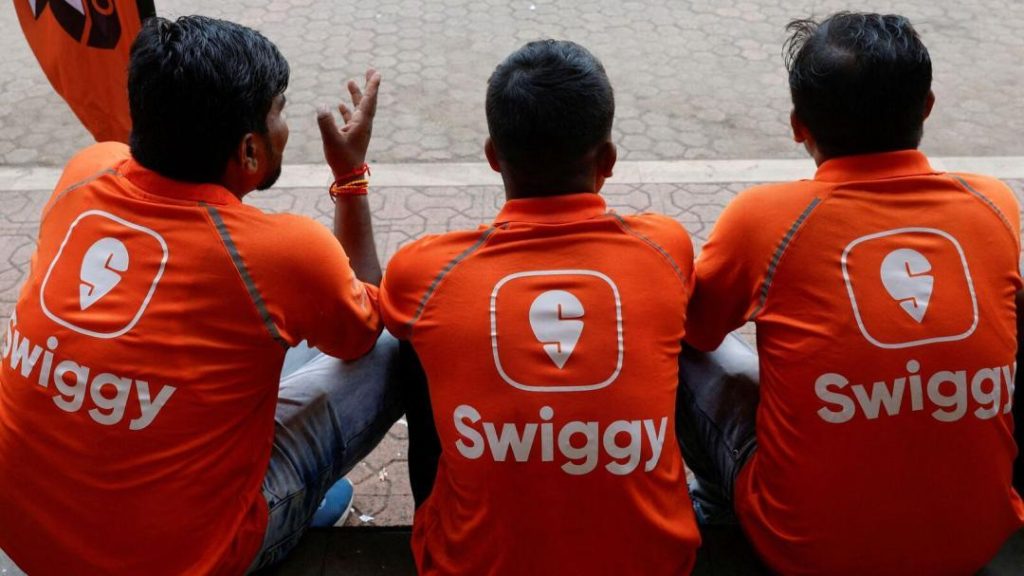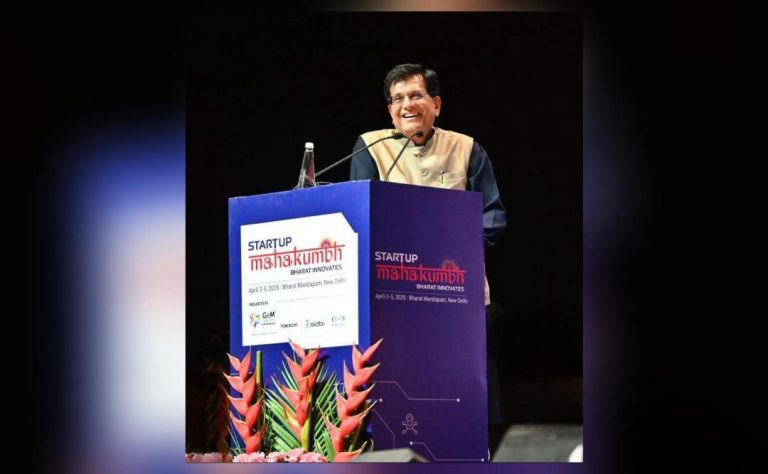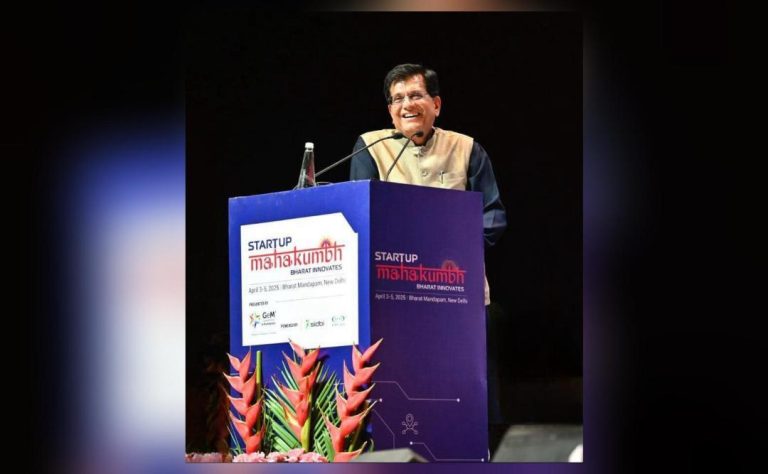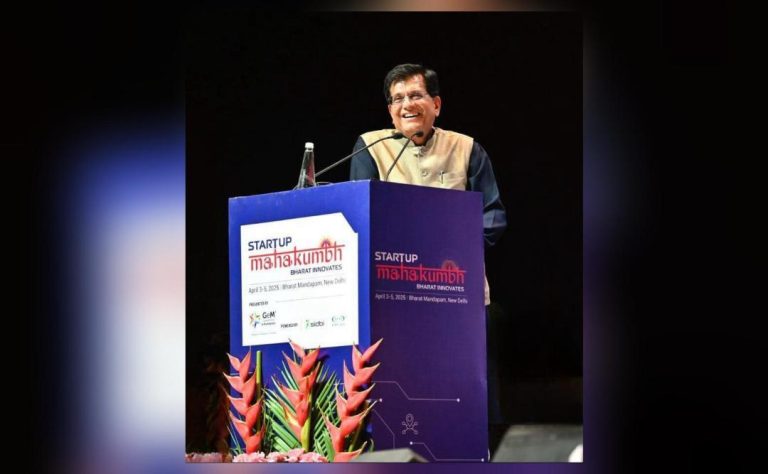
Swiggy Faces ₹158 Crore Tax Demand Over Cancellation Fees
The food delivery giant, Swiggy, has recently received a tax demand of ₹158 crore from the Income Tax Department for the financial year 2021-22. The demand is related to alleged violations of tax provisions regarding cancellation charges paid to merchants. Swiggy plans to appeal against the demand, claiming that it stems from a misunderstanding of tax laws. This development has significant implications for the digital economy, and experts believe it may set a precedent for how cancellation fees are taxed in the future.
For those unfamiliar, Swiggy is a Bengaluru-based company that operates a food delivery platform, connecting customers with local restaurants and merchants. The company has been expanding its services rapidly, and in 2021, it reported a revenue of ₹3,917 crore. The recent tax demand, however, has raised concerns about the company’s tax compliance and the way it handles cancellation fees.
Cancellation fees are a common practice in the food delivery industry, where merchants are charged a fee for canceling orders at the last minute. This fee is usually a percentage of the order value and is meant to deter merchants from canceling orders unnecessarily. Swiggy, like other food delivery companies, collects cancellation fees from merchants and then passes on a portion of it to customers as a refund.
The tax demand, however, is linked to Swiggy’s alleged failure to deduct and deposit tax on the cancellation fees collected from merchants. According to the Income Tax Department, Swiggy failed to deduct tax at source (TDS) on the cancellation fees, which is a mandatory requirement under the Income Tax Act. The department claims that Swiggy collected the cancellation fees without deducting tax, which amounts to a violation of tax provisions.
Swiggy, in response, has claimed that the tax demand is based on a misunderstanding of the tax laws. The company says that it has been following the correct tax procedures and has been deducting tax on the cancellation fees. The company has also claimed that the demand is excessive and disproportionate to its actual tax liability.
The case has significant implications for the digital economy, as it sets a precedent for how cancellation fees are taxed. If Swiggy is found guilty of violating tax provisions, it could lead to a wave of similar demands from other food delivery companies. This could result in increased compliance costs for the industry, which could, in turn, affect the prices of food delivery services.
Experts believe that the case highlights the need for clarity on tax provisions related to cancellation fees. “The taxation of cancellation fees is a complex issue, and there is a need for more clarity on this matter,” said an expert in tax law. “The Swiggy case is a wake-up call for the industry, and companies need to ensure that they are following the correct tax procedures to avoid any potential liabilities.”
The Swiggy case is also a reminder of the importance of tax compliance in the digital economy. As more and more businesses move online, the government is increasing its focus on tax compliance and enforcement. Companies that fail to comply with tax laws and regulations risk facing penalties, fines, and even criminal prosecution.
In conclusion, the Swiggy tax demand is a significant development in the food delivery industry, and its implications extend beyond the company itself. The case highlights the need for clarity on tax provisions related to cancellation fees and the importance of tax compliance in the digital economy. As the industry continues to evolve, companies must ensure that they are following the correct tax procedures to avoid any potential liabilities and ensure the long-term sustainability of their businesses.
Source: https://ascendants.in/industry_events/swiggy-rs-158-crore-tax-demand/





